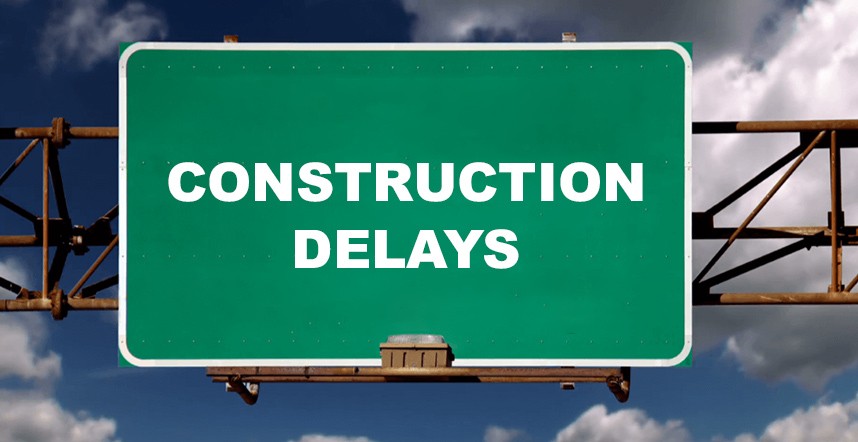In the realm of home construction, delays are an unfortunate reality that can arise due to various factors, including weather conditions, material shortages, labour issues, regulatory approvals, and unforeseen challenges. While construction delays can be frustrating and costly, they are not necessarily insurmountable obstacles. With careful planning, proactive communication, and strategic management, homeowners can mitigate the impact of delays and keep their construction project on track. Whether you’re working with a reputable house construction company or managing house construction costs in Bangalore, implementing effective strategies for managing construction delays can help ensure a smooth and successful building process. Let’s explore some key strategies for navigating construction delays and keeping your project on schedule.
- Establish Realistic Timelines and Contingency Plans:
Before commencing construction, work with your contractor or house construction company to establish realistic timelines and milestones for the project. Take into account factors such as weather conditions, material availability, labour availability, and permitting processes when setting deadlines. Incorporate buffer periods and contingency plans into the schedule to account for potential delays and unforeseen circumstances. By setting realistic expectations upfront and having contingency plans in place, you can minimise the impact of delays and maintain progress on your construction project.
- Proactive Communication and Collaboration:
Maintain open lines of communication with your contractor, subcontractors, suppliers, and other stakeholders throughout the construction process. Stay informed about project status, timelines, and any issues or challenges that may arise. Foster a collaborative environment where everyone feels comfortable sharing information, asking questions, and proposing solutions. By proactively addressing issues and challenges as they arise, you can prevent delays from snowballing into larger problems and keep the project moving forward smoothly.
- Monitor and Manage Resources Effectively:
Monitor the allocation and utilisation of resources, including materials, equipment, and labour, to ensure optimal efficiency and productivity on the construction site. Work closely with your contractor to track progress, identify bottlenecks, and reallocate resources as needed to address priority tasks and critical path activities. Implement systems and tools for tracking inventory, scheduling deliveries, and managing subcontractors to streamline operations and minimise delays caused by resource constraints.
- Plan for Weather Contingencies:
Weather conditions can have a significant impact on construction projects, causing delays and disruptions to work schedules. Monitor weather forecasts regularly and plan construction activities accordingly, taking into account seasonal variations and local climate patterns. Schedule outdoor work during periods of favourable weather and prioritise indoor tasks or sheltered activities during inclement weather. Incorporate weather contingencies and buffer periods into the construction schedule to account for potential delays caused by adverse weather conditions.
- Anticipate and Address Regulatory Challenges:
Navigating regulatory approvals, permits, and inspections can be time-consuming and complex, leading to delays in the construction process. Familiarise yourself with local building codes, zoning regulations, and permitting requirements before starting construction, and work closely with your contractor to ensure compliance at every stage of the project. Proactively submit permit applications, respond to requests for information, and schedule inspections to prevent regulatory delays and keep the project on track.
- Flexibility and Adaptability:
Maintain a flexible mindset and be prepared to adapt to changes and challenges as they arise during the construction process. Be open to alternative solutions, workarounds, and adjustments to the original plan to overcome obstacles and keep the project moving forward. Collaborate with your contractor and other stakeholders to explore creative approaches and problem-solving strategies that minimise the impact of delays and maintain momentum on the project.
In conclusion, managing construction delays requires proactive planning, effective communication, and strategic management of resources and challenges. Whether you’re working with a house construction company or overseeing house construction costs in Bangalore, implementing these strategies can help you navigate delays and keep your project on track. By establishing realistic timelines, fostering collaboration, monitoring resources, planning for contingencies, addressing regulatory challenges, and maintaining flexibility, homeowners can minimise the impact of delays and ensure a successful outcome for their construction project.





